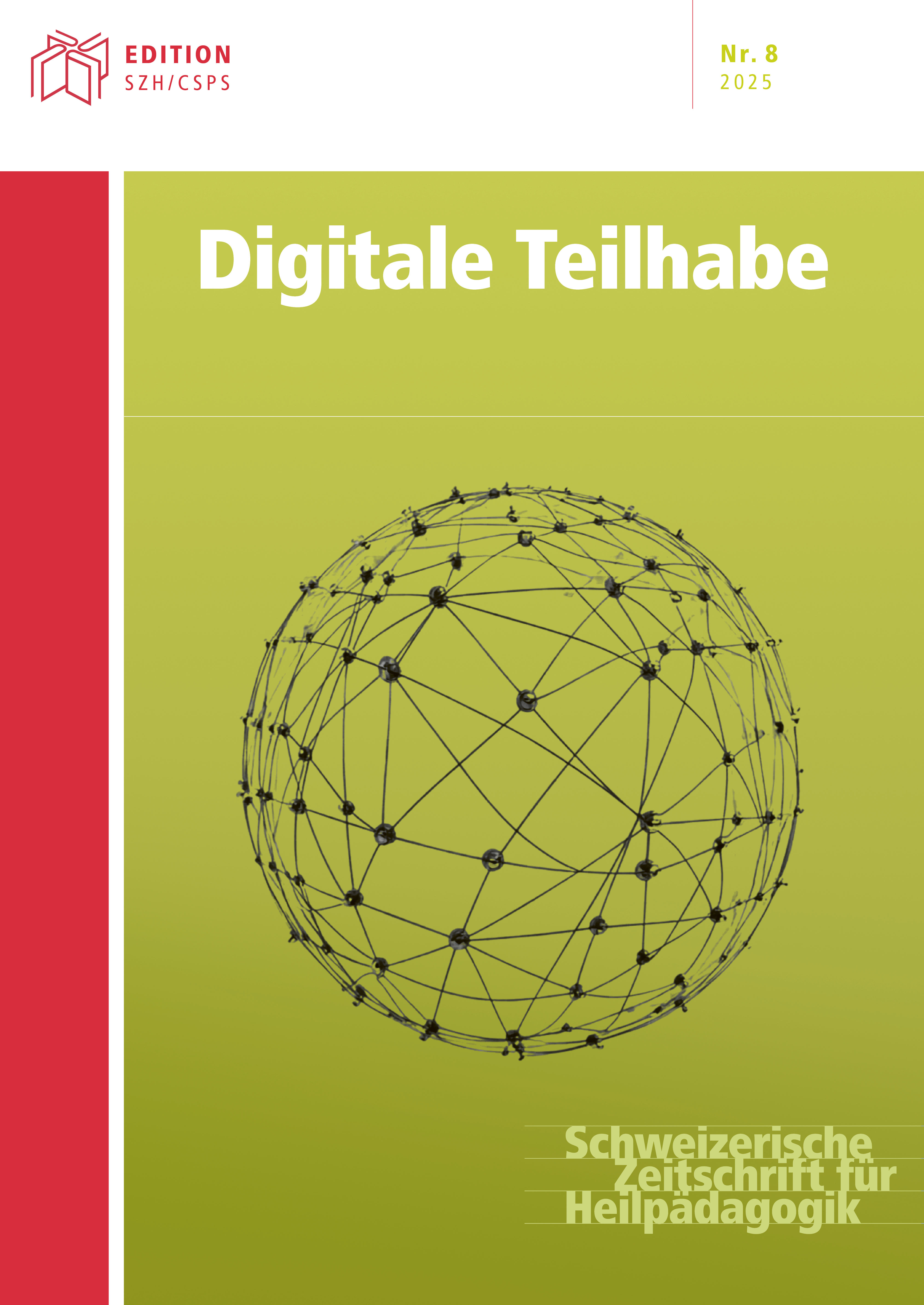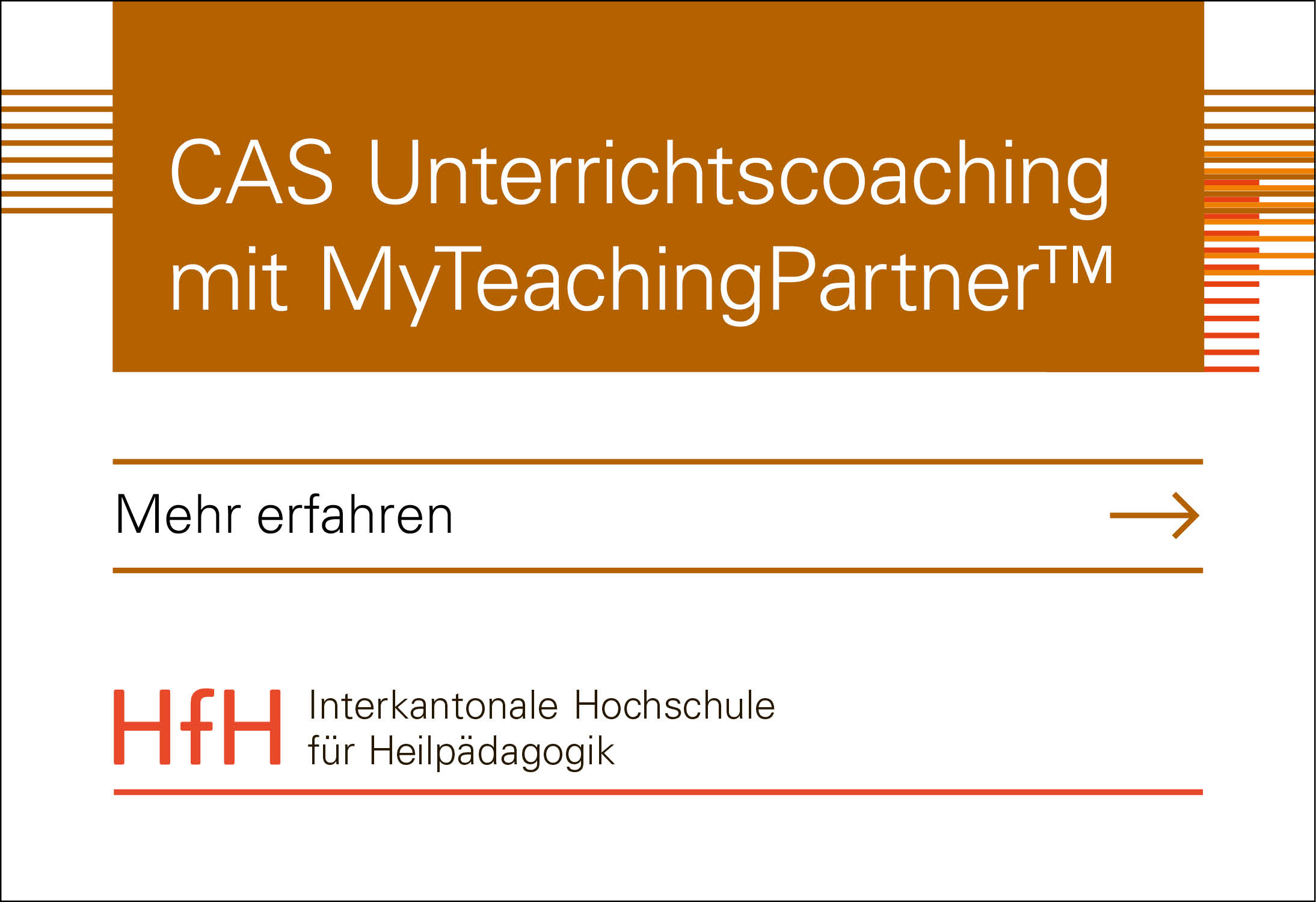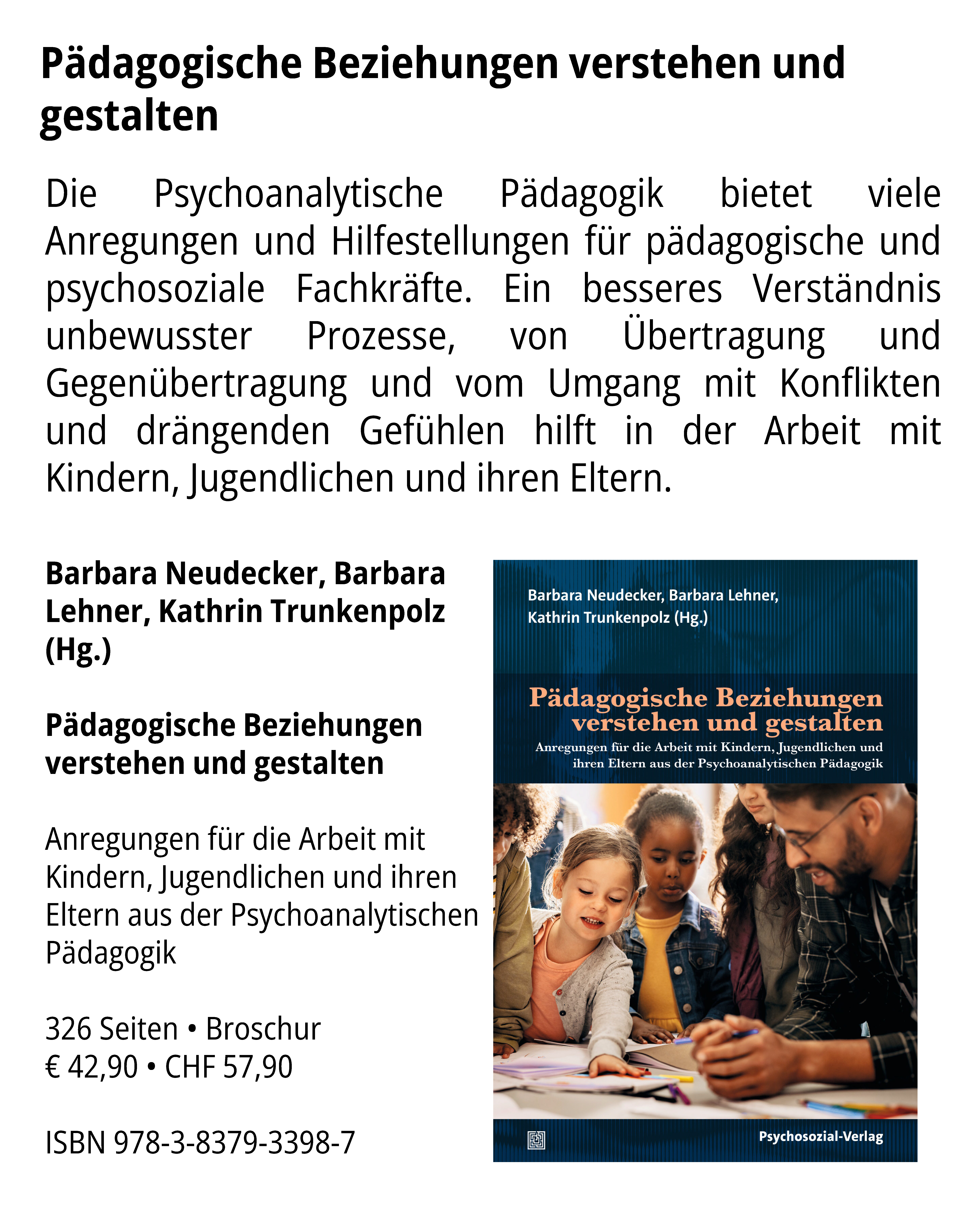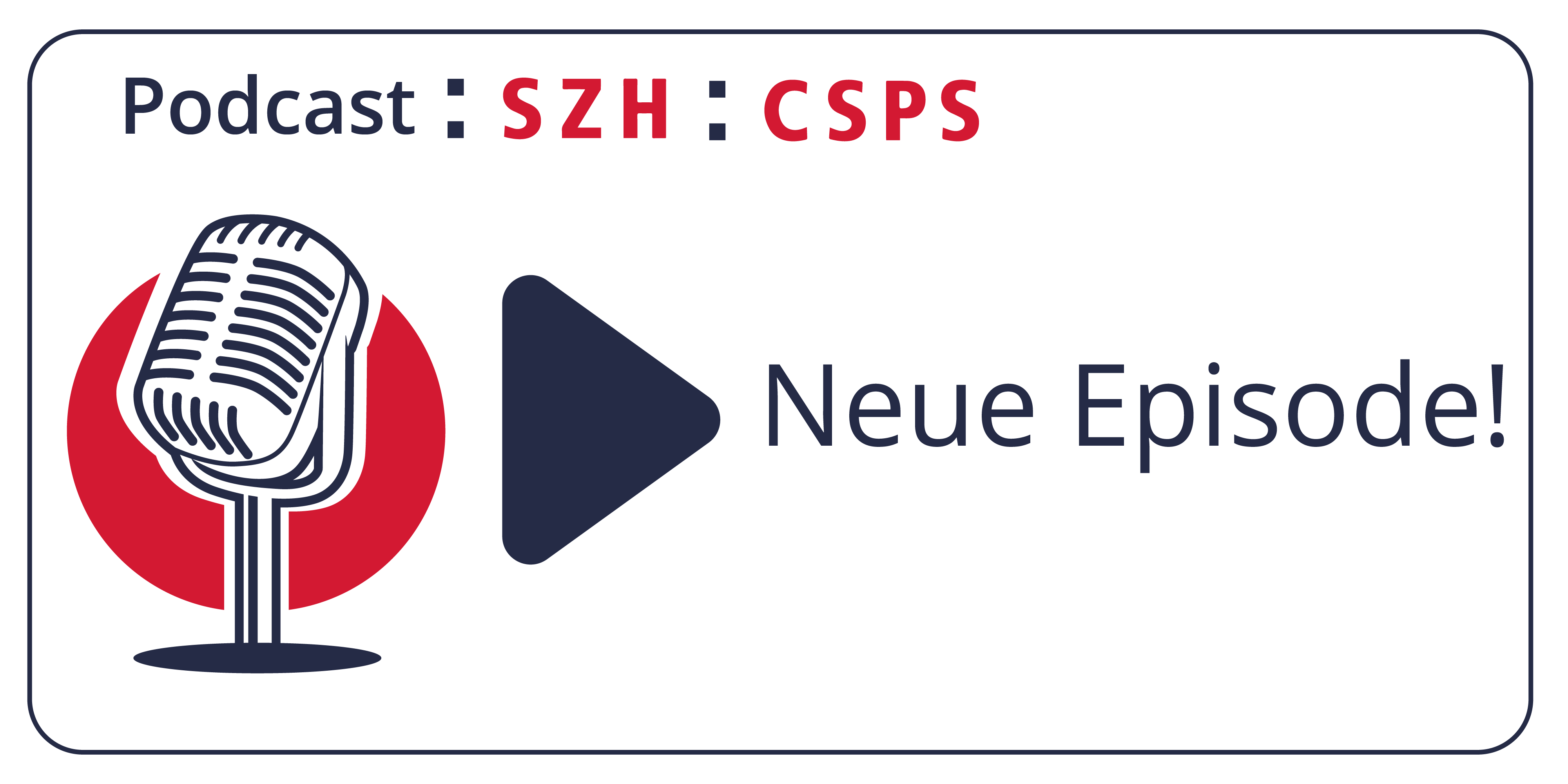Künstliche Intelligenz für alle?
Einsichten, Ansichten und Aussichten zur Verwendung von KI im inklusiven Unterricht
DOI :
https://doi.org/10.57161/z2025-08-05Mots-clés :
enseignement inclusif, intelligence artificielle, moyen auxiliaire, participation, transformation numériqueRésumé
L’intelligence artificielle transforme la formation et ouvre de nouvelles perspectives pour un enseignement inclusif. S’appuyant sur la recherche et des expériences pratiques, cet article examine le potentiel et les défis liés à l’utilisation d’outils assistés par l’IA. Du point de vue de la pédagogie spécialisée, cet article aborde en particulier les questions de participation, de conception éthique et de l’accompagnement professionnel par les enseignantes et enseignants spécialisés ainsi que le corps enseignant. L’ensemble des élèves doivent avoir accès à des applications d’IA adaptées et pouvoir acquérir les compétences requises – ces deux éléments sont fondamentaux pour garantir l’égalité de formation et de participation numérique
Références
Alemdag, E. (2023). The effect of chatbots on learning: A meta-analysis of empirical research. Journal of Research on Technology in Education, 1–23. https://doi.org/10.1080/15391523.2023.2255698
Arias-Flores, H., Valencia-Aragón, K., Calle-Jimenez, T. & Sanchez-Gordon, S. (2025). Artificial Intelligence and Assistive Technologies: A Systematic Review of Educational Applications for Disabilities. In M. Antona & C. Stephanidis (Eds.), Universal Access in Human-Computer Interaction (Vol. 15780, pp. 283–292). Springer Nature Switzerland. https://doi.org/10.1007/978-3-031-93848-1_19
Döbeli Honegger, B. (2024). Generative Machine-Learning-Systeme – Die nächste Herausforderung des digitalen Leitmedienwechsels. In G. Brägger & H.-G. Rolff (Hrsg.), Handbuch Lernen mit digitalen Medien: Wege der Transformation (3., aktual. und erw. Aufl., S. 13–36). Beltz.
Kong, S.-C., Cheung, M.-Y. W. & Tsang, O. (2024). Developing an artificial intelligence literacy framework: Evaluation of a literacy course for senior secondary students using a project-based learning approach. Computers and Education: Artificial Intelligence, 6, 100214. https://doi.org/10.1016/j.caeai.2024.100214
Lademann, J., Henze, J., Honke, N., Wollny, C. & Becker-Genschow, S. (2025). Teacher training in the age of AI: Impact on AI Literacy and Teachers’ Attitudes (Version 1). arXiv. https://doi.org/10.48550/ARXIV.2507.03011
Monett, D. & Paquet, G. (2025). Against the Commodification of Education – If harms then not AI. Journal of Open, Distance, and Digital Education, 2 (1), 1–24. https://doi.org/10.25619/WAZGW457
OECD (Organisation for Economic Co-operation and Development) (2025). Empowering learners for the age of AI: An AI literacy framework for primary and secondary education (Review draft). https://ailiteracyframework.org/?utm_source=substack&utm_medium=email [Zugriff: 25.08.2025].
Petko, D. (2020). Einführung in die Mediendidaktik: Lehren und Lernen mit digitalen Medien (2. Aufl.). Beltz.
Rudolph, J., Mohamed Ismail, F. M. & Popenici, S. (2024). Higher Education’s Generative Artificial Intelligence Paradox: The Meaning of Chatbot Mania. Journal of University Teaching and Learning Practice, 21 (06). https://doi.org/10.53761/54fs5e77
Schmid-Meier, C. (2023). Künstliche Intelligenz und menschliche Emotionen. Schweizerische Zeitschrift Für Heilpädagogik, 29 (9), 29–34. https://doi.org/10.57161/z2023-09-05
Schmid-Meier, C. & Schulz, L. (2025). Exploring the Inclusive Potential of AI Chatbots: Engagement and Barriers in Foreign Language Training. In M. Antona & C. Stephanidis (Eds.), Universal Access in Human-Computer Interaction (Vol. 15780, pp. 377–395). Springer Nature Switzerland. https://doi.org/10.1007/978-3-031-93848-1_25
Schulz, L. & Schmid-Meier, C. (2024). Assistive Technologien und Künstliche Intelligenz: Ein KI-Kompetenzmodell zum Einsatz im Klassenzimmer. #schuleverantworten, 4 (1). https://doi.org/10.53349/schuleverantworten.2024.i1.a397
Shams, R. A., Zowghi, D. & Bano, M. (2025). AI and the quest for diversity and inclusion: A systematic literature review. AI and Ethics, 5 (1), 411–438. https://doi.org/10.1007/s43681-023-00362-w
Sperling, K., Stenberg, C.-J., McGrath, C., Åkerfeldt, A., Heintz, F. & Stenliden, L. (2024). In search of artificial intelligence (AI) literacy in teacher education: A scoping review. Computers and Education Open, 6, 100169. https://doi.org/10.1016/j.caeo.2024.100169
Stracke, C. M. (2024). Artificial Intelligence and Education: Ethical Questions and Guidelines for Their Relations Based on Human Rights, Democracy, and the Rule of Law. In D. Burgos, J. W. Branch, A. Tlili, R. Huang, M. Jemni, C. M. Stracke, C. De La Higuera, C.-K. Looi & K. Berrada (Eds.), Radical Solutions for Artificial Intelligence and Digital Transformation in Education (pp. 97–107). Springer Nature Singapore. https://link.springer.com/10.1007/978-981-97-8638-1_7
Varsik, S. & Vosberg, L. (2024). The potential impact of Artificial Intelligence on equity and inclusion in education (OECD Artificial Intelligence Papers No. 23). OECD. https://www.oecd-ilibrary.org/science-and-technology/the-potential-impact-of-artificial-intelligence-on-equity-and-inclusion-in-education_15df715b-en
Williamson, B. (2024). The Social life of AI in Education. International Journal of Artificial Intelligence in Education, 34 (1), 97–104. https://doi.org/10.1007/s40593-023-00342-5
Zowghi, D. & Bano, M. (2024). AI for all: Diversity and Inclusion in AI. AI and Ethics, 4 (4), 873–876. https://doi.org/10.1007/s43681-024-00485-8
Téléchargements
Publiée
Comment citer
Numéro
Rubrique
Licence
© Christa Schmid-Meier, Christine Stoltz 2025

Ce travail est disponible sous la licence Creative Commons Attribution 4.0 International .








